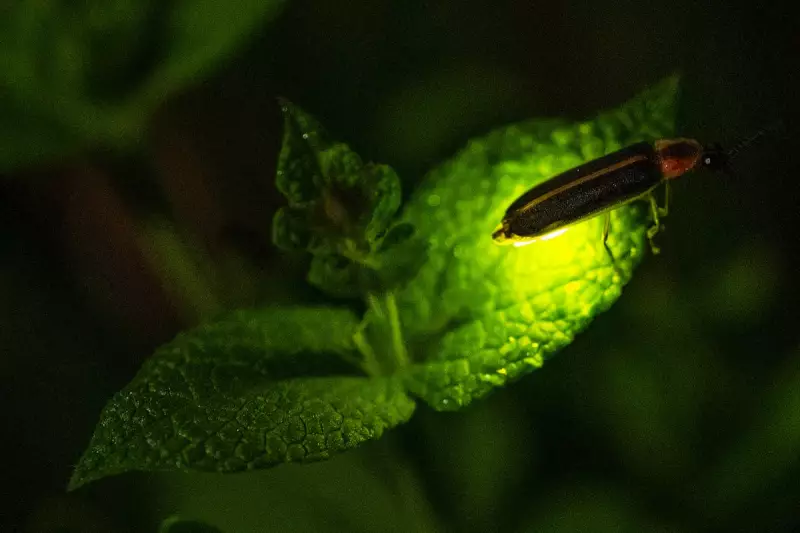
The enchanting glow of fireflies, a hallmark of warm summer evenings, is under threat due to climate change and habitat destruction. Scientists warn that these luminous insects may soon disappear from British landscapes if urgent action isn't taken.
The Fading Light of Summer
Research indicates that rising temperatures, prolonged droughts, and urban sprawl are disrupting fireflies' delicate ecosystems. Their bioluminescent mating displays, once a common sight in rural areas, are becoming increasingly rare.
Key Threats to Fireflies
- Habitat loss: Expanding development destroys the moist grasslands fireflies need
- Light pollution: Artificial lights interfere with mating signals
- Pesticides: Agricultural chemicals kill fireflies and their prey
- Climate shifts: Unseasonal weather disrupts life cycles
Why Fireflies Matter
Beyond their nostalgic charm, fireflies serve as important indicators of ecosystem health. Their decline signals broader environmental troubles that could affect other species, including pollinators vital to food production.
Conservationists urge immediate measures to protect remaining populations through habitat preservation and reduced pesticide use. Without intervention, future generations may only know fireflies through stories of summers past.





